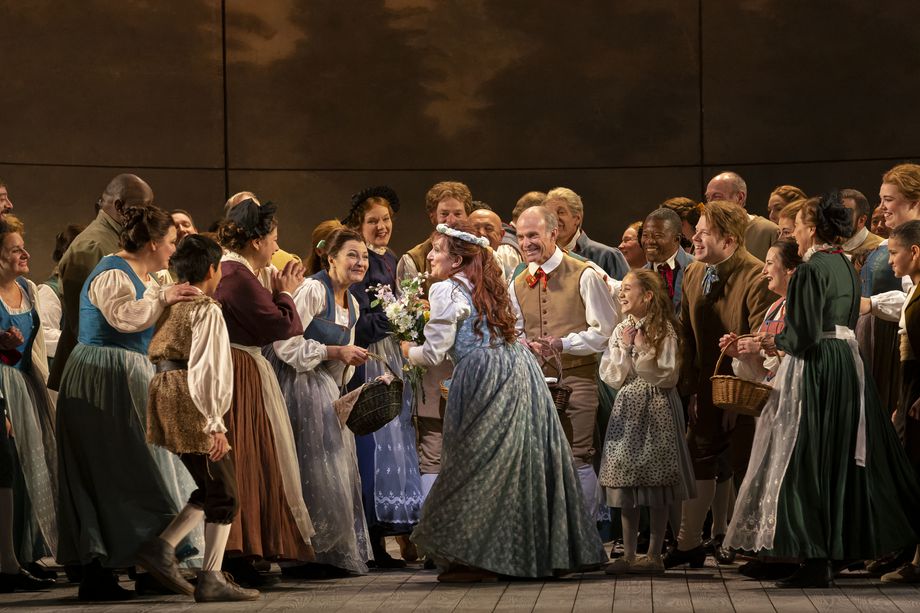
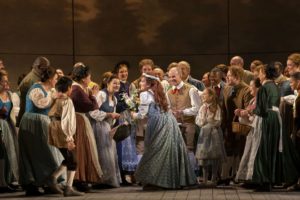 Highly Recommended **** Verdi, Verdi, Verdi. The great Italian composer died over a hundred years ago, yet it’s still rare for a major opera company to go long without including at least one of his operas in each season. And yet, although he wrote more than two dozen operas, it is usually the same few that get performed. The Lyric Opera of Chicago hopes to change that with its Early Verdi series, which began October 12 with a production of the rarely seen 1849 melodramatic tragedy Luisa Miller. The opera is impressive in its own right and casual theatre-goers will be delighted by how conductor Enrique Mazzola teases out the blaring drama as well as the surprisingly astute musical characterizations. But for people looking for a deeper dive into opera history, this first Lyric production of the play in almost forty years is a special treat.
Highly Recommended **** Verdi, Verdi, Verdi. The great Italian composer died over a hundred years ago, yet it’s still rare for a major opera company to go long without including at least one of his operas in each season. And yet, although he wrote more than two dozen operas, it is usually the same few that get performed. The Lyric Opera of Chicago hopes to change that with its Early Verdi series, which began October 12 with a production of the rarely seen 1849 melodramatic tragedy Luisa Miller. The opera is impressive in its own right and casual theatre-goers will be delighted by how conductor Enrique Mazzola teases out the blaring drama as well as the surprisingly astute musical characterizations. But for people looking for a deeper dive into opera history, this first Lyric production of the play in almost forty years is a special treat.
The story is adapted by Salvadore Cammarano from an eighteenth century social-conflict drama by Friedrich Schiller. The count’s son, Rodolfo (Joseph Calleja) has adopted a disguise to woo the peasant Luisa (Krassimira Stoyanova) and she loves him back. But her father, Miller (Quinn Kelsey), is suspicious of how mysterious his daughter’s beloved is and wants more definite answers about his background. Luisa has also attracted the much less-welcome attention of Wurm (Soloman Howard), a henchman for Rodolfo’s father, the cruel Count Walter (Christian Van Horn). For his part, the count would rather secure his branch of the family’s precarious position on the throne by marrying Rodolfo to his cousin, the Duchesss Federica (Alisa Kolosova). Wurm sees an opportunity to use treachery to get what he and his master both desire, leading to hideous betrayal.
If that plot description sounds convoluted, rest assured that the time flies by. Director Francesca Zambello (of the original San Francisco run of this production) has a knack for ratcheting up dramatic tension while employing symbolism to efficiently communicate a mood. The residents of the Count’s court are all sinister silhouettes, while the army and rebellious peasants seem able to pop up out of nowhere to bring about sudden reversals. She also finds some humorous moments, such as when dozens of people brandishing scythes, pitchforks, and shovels show up at Luisa’s door and she greets them with a dejected “You have bad news, I can tell.” Set designer Michael Yeargan, costume designer Dunya Ramicova, and lighting designer Mark McCullough create a world that is lovely, but perpetually off-kilter. The landscape literally dangles by a thread.
Although Verdi was still using the bel canto cavatina/cabaletta and occasional a capella structure for this opera, he provided his protagonist with a slightly more mature perspective than is typical of melodrama. Luisa, as played by soprano Krassimira Stoyanova, is not prone to hysterics. She begins the show by describing Rodolfo with an upbeat, sunny melody, and after being forced to renounce him, she contemplates her fate with grim determination. Baritone Quinn Kelsey’s Miller is an unusually sympathetic and reasonable father to the forbidden lovers, and his duets with Stoyanova about the courage to face evil are intense and mournful, yet laced with hope. Christian Van Horn and Soloman Howard, as the villains, are an intriguing duo who recount a monstrous deed they committed in the backstory with a discordantly cheery matter-of-factness. Where Verdi would ordinarily insert a bombastic pledge for revenge, he instead gives the basses a duet about their resolution to carry through their coverup and not flip on each other.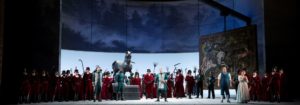
Most unusual is the character of Rodolfo. Played by the physically formidable tenor Joseph Calleja, Rodolfo at first blush seems like a headstrong bombast, but turns out to have a cunning dark side. Calleja has a mighty vibrato, and despite some shakiness at the end of Act I, he won back the audience with his climatic fiery arias in Act III. Yet Rodolfo’s actions in the ending of the opera, which is a surprise worth keeping for the uninitiated, are quite troubling. Luisa Miller bears an unmistakable musical resemblance to Don Carlos and La traviata; at times it feels a bit like what would happen if one fed Verdi’s masterpieces into a bot and had it autogenerate an opera in his style. Which is not to say that it lacks inspiration, only that this is a perfect illustration of early Verdi finding his voice. Like the lesser-known Shakespeare plays, Luisa Miller makes fascinating viewing for people looking to branch out a bit from the usual classical offerings and get the fuller texture of a genius’s work.
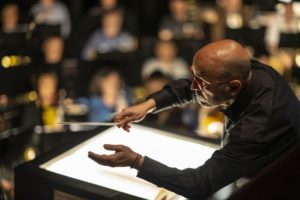 Luisa Miller will continue at the Lyric Opera House, 20 N Upper Wacker Drive, Chicago, thru October 31, with the following showtimes:
Luisa Miller will continue at the Lyric Opera House, 20 N Upper Wacker Drive, Chicago, thru October 31, with the following showtimes:
October 16 7:00 pm
October 20 2:00 pm
October 25 7:00 pm
October 28 7:00 pm
October 31 2:00 pm
Running time is two hours and forty-five minutes with one half-hour intermission.
Performances are in Italian with English supertitles.
The Lyric offers parking deals with Poetry Garage at 201 W Madison St. if inquired about in advance. Tickets start at $39 for adults and $29 for children; to order, visit LyricOpera.org or call 321-827-5600.
To see what others are saying, visit www.theatreinchicago.com, go to Review Round-Up and click at “Luisa Miller.”


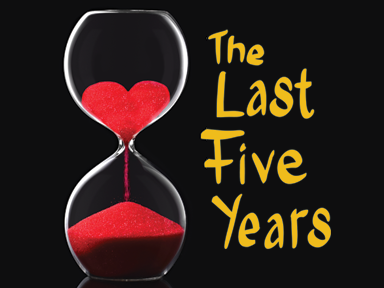



More Stories
“The Last Five Years” MILWAUKEE
“The Trial of Themistocles” reviewed by Julia W. Rath
“Titanique”